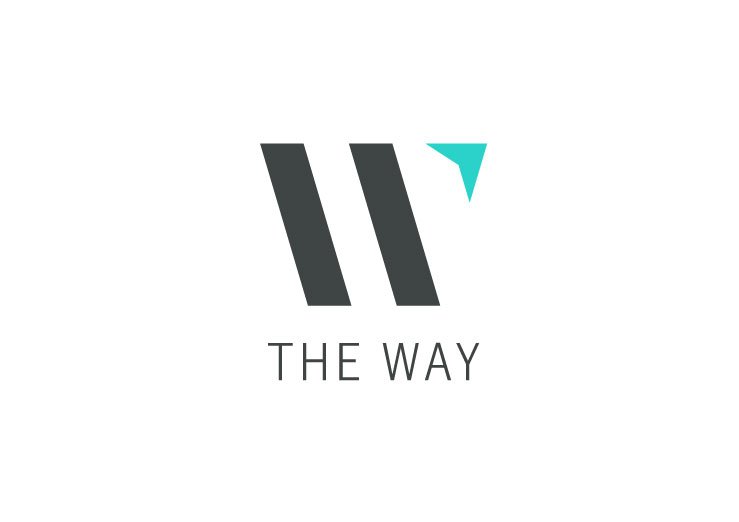To Breakfast or Not
Is Breakfast the most important meal of the day?
You, like me may have fond memories of breakfast as a kid filled with cereal and cartoons. The breakfast foods we had may not have always been the best choices available but at least we didn’t turn it into one more thing to get stressed about when it comes to our nutrition.
There are lots of theories as to whether breakfast is the most important meal of the day or whether it’s really that necessary to have it to feel healthy and full of energy for the day ahead. There certainly is evidence for both sides so what I’m proposing here is to think about what works best for you and how to figure that out.
There are two types of morning people :-
The “I’m starving give me food” breakfast person – you know who this is, the partner or family member who can’t talk civilly to you until they have eaten, and if there is any delay then stay out of harms way - they function best on a good bolus of food upon rising.
The “No thanks” Breakfast person - they don’t tend to have breakfast, they feel fine, aren’t lethargic and don’t over consume later on in the day because of being so hungry. Not having breakfast works for this person because they generally can’t face it and don’t feel hungry enough to want to eat. There are strong arguments to be made that having a breakfast fills you up or “kick starts your metabolism”, and that having it won’t lead you to make bad choices later due to being so very hungry, because you haven’t eaten. However, the fact is that most of the research shows that if weight loss is your goal then overall calories consumed is what matters and not whether you ate breakfast or not.
What’s interesting about this second person is they are (whether consciously or unconsciously) doing a form of intermittent fasting.
There are benefits being proven from intermittent fasting and while the research is still in relative infancy there does seem to be a body of good side effects to it. The easiest method and most sustainable would seem to be the 16/8 method or leangains protocol whereby you delay eating in the morning and if you have had your last meal by 7pm the night before then you would delay eating until after 11am, (you should make sure you have no medical issues to prevent you from doing this or e.g don’t do it if you’re pregnant) but the following benefits are being seen:-Increases in HGH, Reduction of inflammatory markers, Insulin sensitivity improvements, Improvement in brain health, Cellular repair is triggered, and it also seems that it can aid weight loss through increases in metabolic rate as long as you are not binging when you do eat, due to the other side effect being hunger.
The pro breakfast argument would be that it replenishes energy stores and helps get you going for the day, the other side of the argument is also showing significant positive benefits – so what’s the answer?
Common sense probably, what works for YOU?
This may change from day to day according to what you ate and how late you ate the night before but keep in mind that the most important aspect of having breakfast is to choose well – good carbs, some protein, some fruit and importantly have it with family or friends, fee from digital distractions to allow some time to get ready for the day ahead.
We have a handy recipe for a Cold Brew Coffee Shake – an extract from our book Move Train Nourish which contains lots of great breakfast recipe ideas.
COLD BREW COFFE
SERVES 2
400ml cold-brew coffee
2 scoops chocolate protein powder
ice
Brew your coffee in a French press (plunger) with cold water, ideally the night before and leave in the fridge overnight.
Put the coffee and protein powder into the blender and blend until smooth. Pour over ice and serve and top with a pinch of cinnamon.

